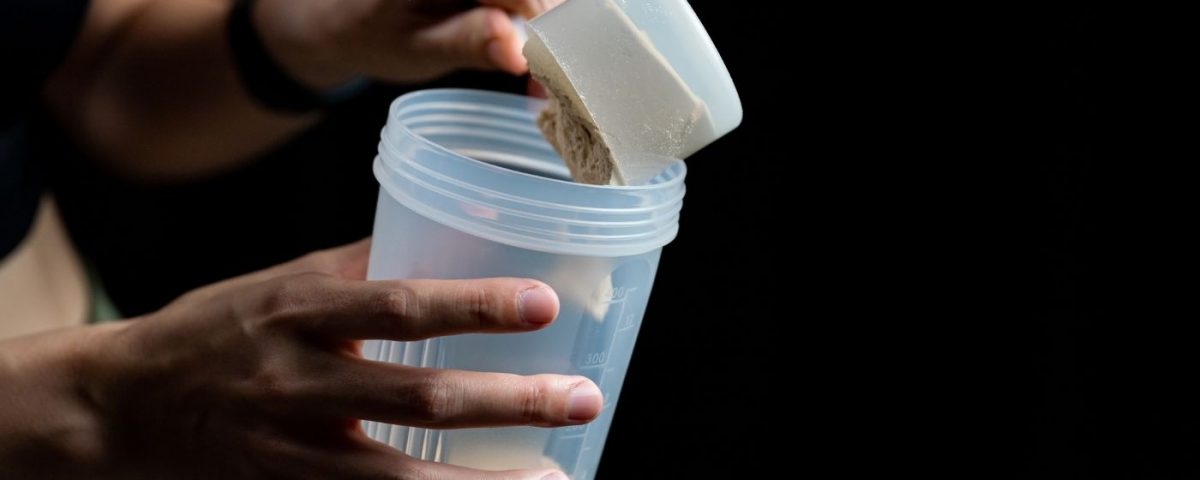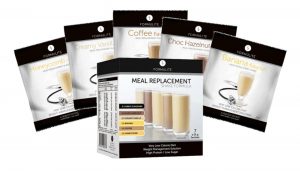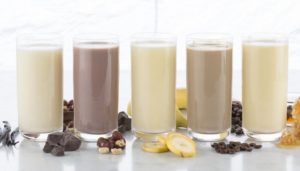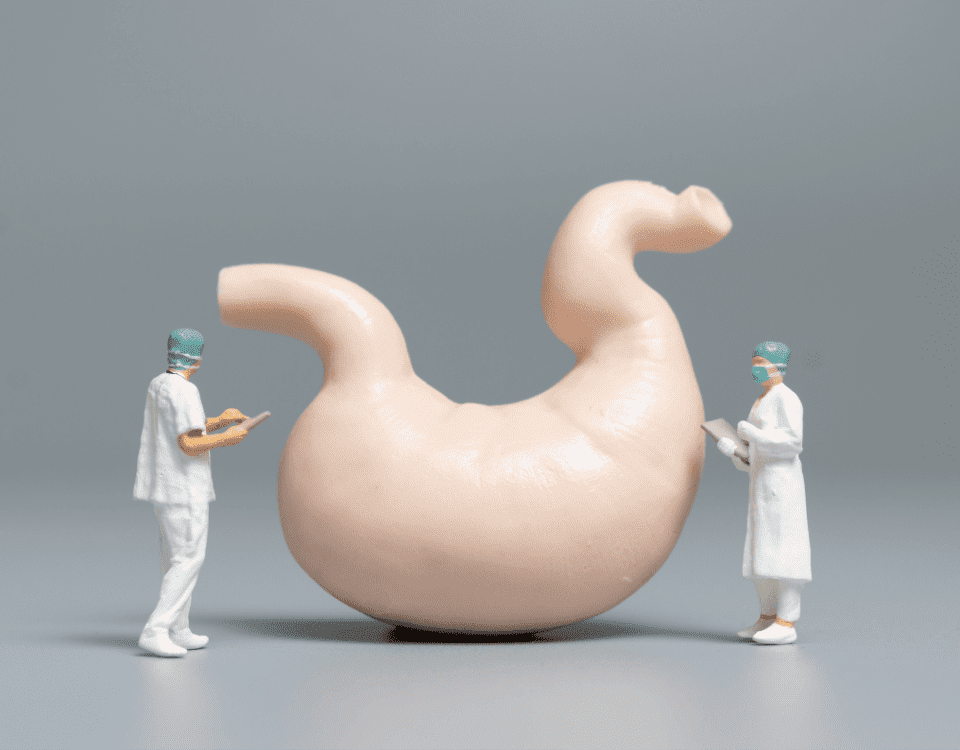
To help prepare your stomach for its new size, and reduce the size of your liver to make surgery safer, following a Very-Low-Calorie-Diet (VLCD) meal plan for 2-3 weeks before weight loss surgery is recommended by most bariatric surgeons and dietitians. This pre-surgery diet will include meal replacement shakes and bars, soups and some low starch vegetables. Immediately after surgery, you will need to go on a liquid diet to help with healing before your body gets used to solid foods again.
If you’ve been trying to lose weight for a long time, you’d know that the market is absolutely saturated with meal replacement solutions including shakes, soups, bars and even teas. Most of these are not created equal. Some can be higher than they should be in sugar, or just be flavoured protein sachets without the vitamins required to qualify as a nutritional and filling meal replacement. Plus, many of them taste pretty terrible! Our Winnett Specialist Group Dietitians can recommend meal replacement solutions that will deliver the nutritional value your body requires and be enjoyable to drink. Here’s our guide to choosing the right meal replacement products to support your weight loss surgery or ongoing weight management.
Which shake to take?
This is what it really comes down to when choosing meal replacements. If you are undergoing weight loss surgery or looking for a weight loss diet solution, meal replacement shakes are a popular option and do have proven results. Many people also find them convenient to take to work or keep in a handbag in case they find themselves somewhere with limited low-calorie options. It’s important to remember that protein shakes and weight loss shakes are often for different audiences. While shakes that are listed high in protein will keep you feeling fuller for longer, they may also be specifically formulated for athletes who just want the extra protein as an additional boost. These formulas aren’t suitable as meal replacements. To qualify as a meal replacement, according to Australian and New Zealand Food Standards, these products must contain, in a serving, no less than:
- 12 g protein
- 200-400 calories max
- 25% Recommended Daily Intake (RDI) of essential vitamins and minerals
As one of Winnett Specialist Group’s accredited dietitians, Julie Hennessy of Weight Loss Surgery Support endorses the brand Formulite as an exemplary choice for meeting these quotas.
“Formulite is our preferred brand of meal replacement. The low sugar, high protein content is ideal for our clients both pre and post-surgery. We’ve also received great feedback on the taste, making it an easy dietary change,” she explains. Formulite has the highest protein of any Australian Very-Low-Calorie-Diet meal replacement shake. The team has also taken great measures to make each formula palatable and easily digestible. If you’re on a low-calorie diet for ongoing weight loss and can’t stomach shakes for all 3 meals a day, protein bars are a great alternative. Formulite also offers protein bars within their range of meal replacements. Some of our patients have described them as the most delicious on the market.

Formulite has the highest protein of any Australian Very-Low-Calorie-Diet meal replacement shake.
Protein plus
To keep you feeling fuller for longer, it’s true that protein is key. Unlike carbohydrates which turn into sugar in the blood, protein helps reduce the hunger hormone ghrelin. Protein is digested more slowly than carbohydrates, which means it is present in the gastrointestinal tract for a longer time. When you are looking for a meal replacement though, you also need to try and absorb the nutrients you would otherwise be getting from solid food. The nutritional specifications of the meal replacement shake you choose should also contain your recommended daily intake (RDI) of essential vitamins and minerals.
These are the main vitamins and minerals that should be listed in the ingredients:
- Vitamins A, B1, B2, B3, B6, B12, C, D3, E and K1.
- Pantothenic Acid
- Biotin
- Folate
As for sugars, better meal replacement shakes on the market will use natural sweeteners. Keep an eye out for artificial sweeteners such as saccharin, aspartame, acesulfame potassium, sucralose, and neotame. Some of these are not approved for use in some countries due to their associations with poor gut health, gastrointestinal issues and potential diseases.

Formulite meal replacement shakes are high in protein and come in delicious flavours including choc hazelnut, creamy vanilla, honeycomb, coffee and banana.
Healing from the inside
We know that keeping your tummy happy while you are on a partial or full liquid diet is not easy. If you are undergoing weight loss surgery, you will experience pain and discomfort as your stomach recovers and adjusts to its new smaller size. To optimise gut health and promote healing, the addition of pre and probiotics in your meal replacement shake can nurture this process. We choose Formulite for our patients because it is one of the only formulations on the market that contains both pre and probiotics.
Learn more
Winnett Specialist Group offers bariatric surgery solutions with the help of expert dietitians who professionally recommend Formulite as a healthy and nutritious meal replacement shake. They also offer a range of low-calorie soups and protein bars to support rapid weight loss. To learn more about weight loss surgery solutions and recommended dietary requirements, get in touch with the team online or call 03 9417.



